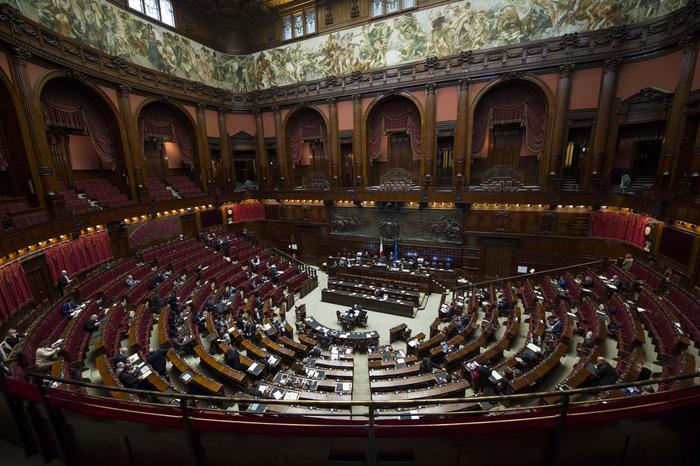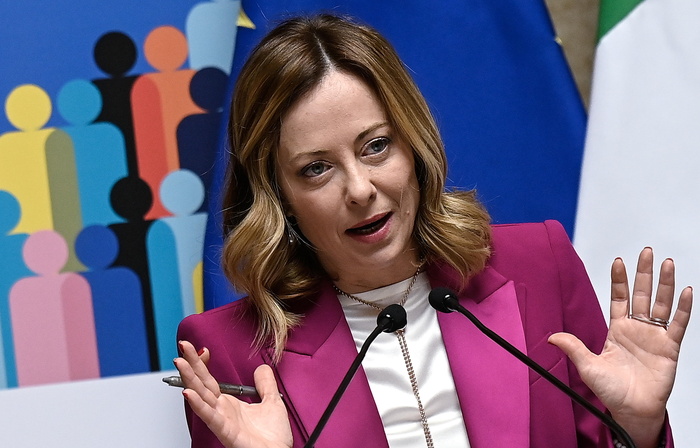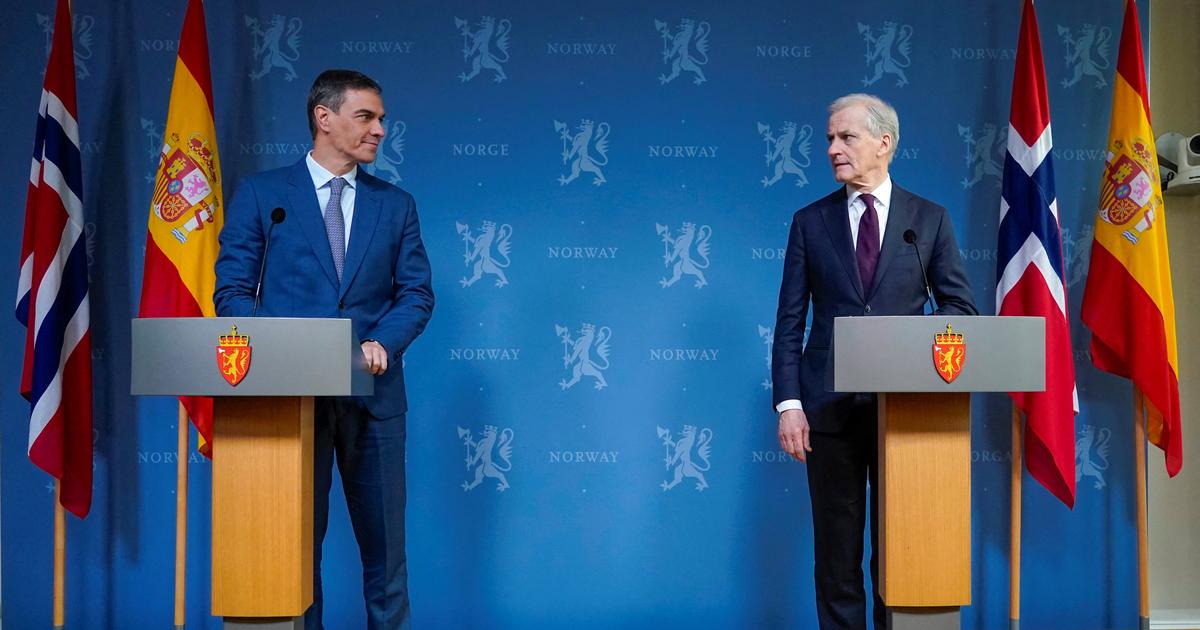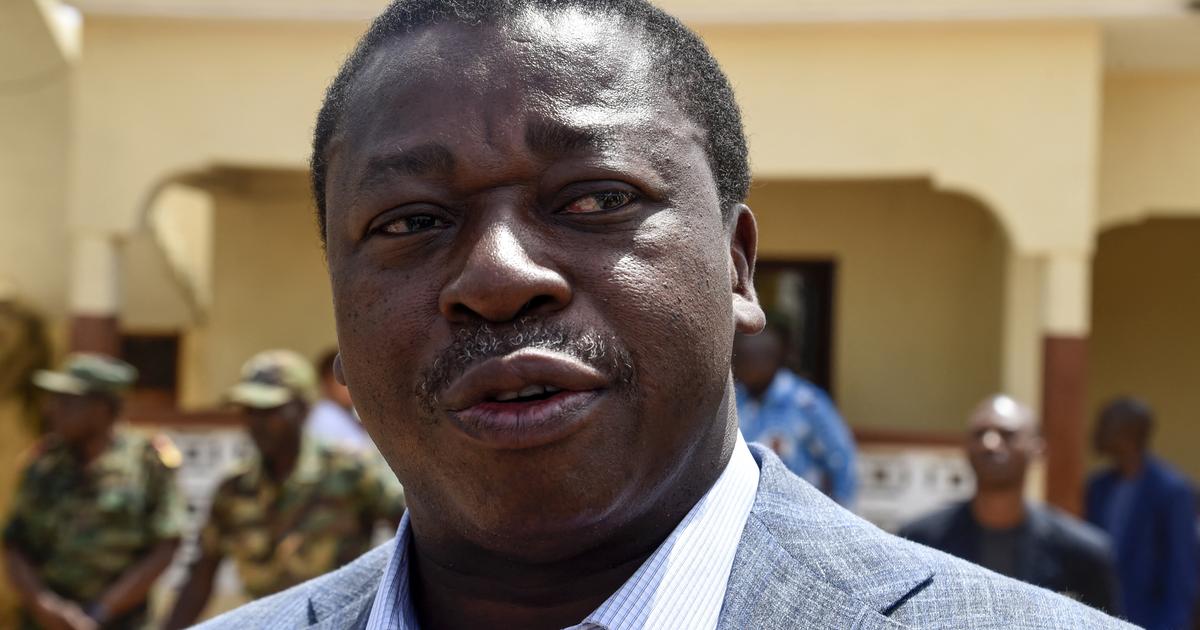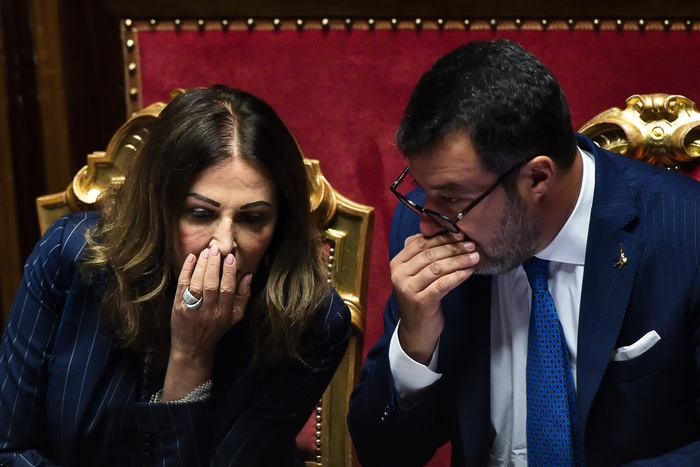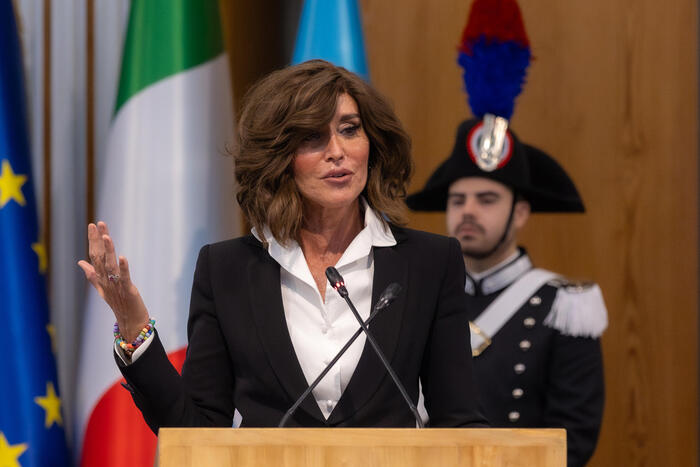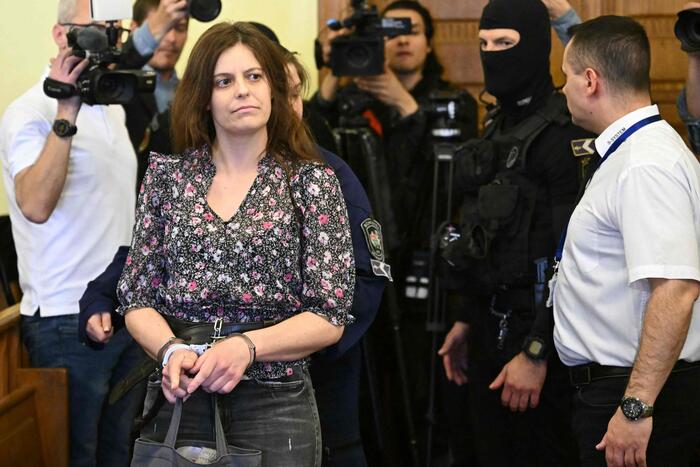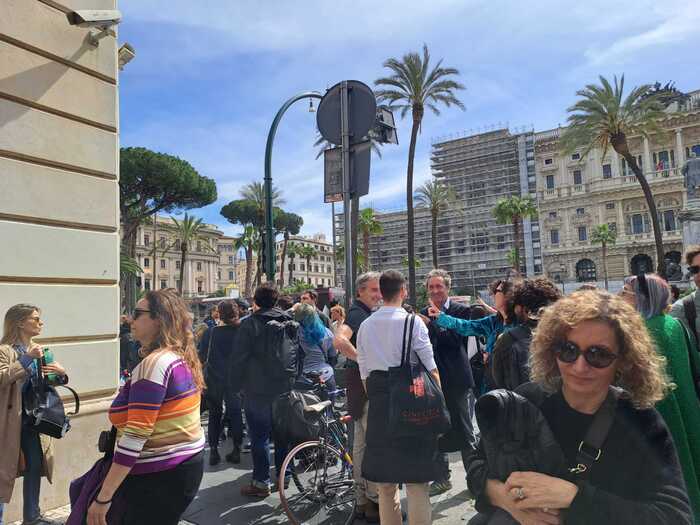Variable timing for the formation of the new government after the vote on 25 September.
The only certain date, at the moment, is that of
October 13
, when
the Chambers will have to meet for the first time
.
Article 61 of the Constitution provides, in fact, that the two houses of Parliament are convened "no later than the twentieth day" from the vote.
But everything else can vary, depending on the response that will come out of the polls and the time it will take the various political forces to find an agreement.
The President of the Republic Sergio Mattarella makes it clear that, given the delicate moment, with Italy pressured by international emergencies and the energy crisis, the intention is to act as soon as possible.
And even if the average time for the formation of a government, according to some institutional observers, was about 30/35 days, there have been examples of much longer periods.
In the last legislature, for example, in the face of elections held on March 4, 2018, the yellow-green government, Conte 1, took office only on June 1.
Conversely, in 2001, when a united center-right clearly established itself on 13 May, already on 11 June, so after less than a month, the Berlusconi government swore an oath at the Quirinale.
The hope, in short, is that a result will come out of the polls that will allow the parties to immediately start negotiations to give birth to the new executive.
Conversely, times could expand to make room for alchemy and agreements, more or less 'transversal', as happened in 2018 between Lega and M5S.
In any case, October 13 will be a watershed date because the senators and elected deputies, after having given life to the parliamentary groups, will have to choose the presidents of the Chamber and Senate as the first act: a vote that in fact indicates a majority and preludes to an agreement in principle on the Government.
Once the leaders of the Parliament have been elected, the consultations with the Head of State will begin, who will call the group leaders, the leaders of the coalitions, the former presidents of the Chambers and the presidents emeritus of the Republic to the Quirinale to understand the orientations before entrusting the task to form the new executive.
If the post is full, as in 2001, the chosen one will present himself after a few days with a list of ministers.
If he is "conditional", however, as happened with Carlo Cottarelli in 2018, the president in charge will, in turn, carry out consultations that will lead him to dissolve the reservation and to present the list of ministers to the Hill or to resign.
In the event that a clear picture does not emerge from the consultations, the Head of State will be able to entrust an "exploratory task" to a third person to see if a new majority can be created.
A precedent, in this sense, always occurred in 2018 when Mattarella entrusted this type of assignment, first to the President of the Senate, Elisabetta Casellati, and then to that of the Chamber, Roberto Fico.
Then, however, within 10 days, he will have to ask for and obtain the trust of the two houses of Parliament.
And only after that, the Executive will be at the fullest of its powers.
The Head of State could also oppose the appointment of a minister: it happened in 1994 with Oscar Luigi Scalfaro who said no to Cesare Previti to Justice or in 2014 when Giorgio Napolitano did not want Nicola Gratteri, proposed by Matteo Renzi, in via Arenula.
But also Mattarella in 2018 opposed the indication of Lega and M5S for Paolo Savona to the Economy.
In short, there may be many unknowns, but emergencies, from the NRP to work issues, are pressing and soon require "concrete answers", as the leader of SI Nicola Fratoianni reminds us.

